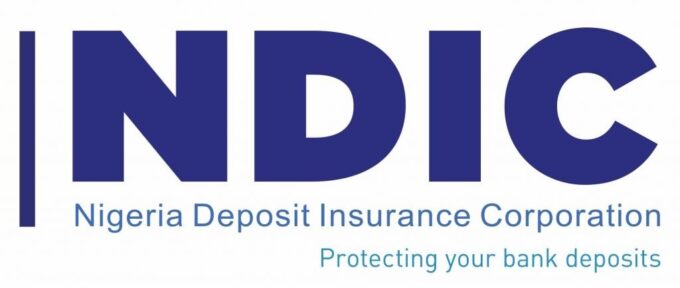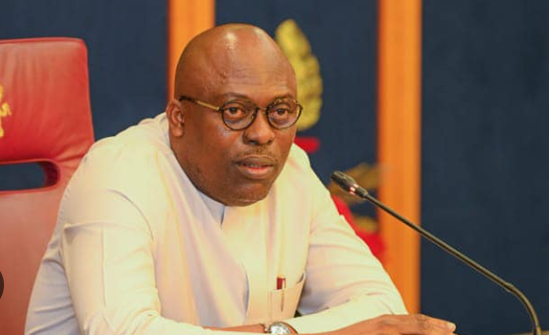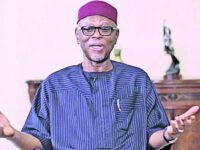By Chinwendu Obienyi
Nigeria’s official inflation cooling report for a fourth straight month is being dismissed by households who say they are yet to feel the impact as daily living costs, especially food and transportation, remain painfully high.
This follows the National Bureau of Statistics’ (NBS) weekend data which revealed that headline inflation eased to 21.88 per cent in July from 22.22 per cent in June, moderating by 34 basis points (bps).
The slowdown was attributed largely to favourable base effects. Still, inflation on a month-to-month basis accelerated to 1.99 per cent, up 31 basis points from June, underscoring persistent price pressures in Africa’s largest economy.
Food inflation, which accounts for more than half of the consumer basket, climbed by 77 basis points to 22.74 per cent year-on-year (y/y) from 21.97 per cent in June, underscoring persistent pressure on household budgets. Month-on-month, food inflation softened slightly to 3.12 per cent in July from 3.25 per cent in June, as slower price growth in imported food (+1.55 per cent vs. +2.65 per cent in June) offset higher costs of farm produce (+3.95 per cent vs. -13.26 per cent in June).
The moderation is the steepest annual slowdown in more than a year, and policymakers at the Central Bank of Nigeria (CBN) have welcomed it as evidence that tighter monetary policy is working.
However, while the data suggest a gradual cooling in annual inflation, many Nigerians say they feel no relief in day-to-day expenses. For example, across Lagos, Abuja and other cities, households report steep increases in the cost of food, rent, transport and utilities.
A Lagos based civil servant, Rose Osagie, said, “They talk about dis-inflation, but the price of goods in the market are still up. Just before the end of this month, my landlord raised rent by 40 per cent and transport, especially using e-taxis, is becoming more expensive. So, I don’t think we are seeing any relief yet”.
A plumber, Kalu Okechukwu, said, “At this point, I do not trust whatever numbers the NBS throws out. We are the ones in the street and bearing the brunt. Let them keep deceiving themselves”.
A recent survey of markets in Lagos and Abuja showed year-on-year increases of 35 per cent to 60 per cent in prices of staples including rice, yam, tomatoes, and bread. Transport costs remain elevated due to the scrapping of petrol subsidies in 2023, while landlords are raising rents to keep pace with surging demand for housing.
Analysts say the divergence between headline disinflation and household experience is explained by the composition of inflation and the compounding effect of higher monthly price increases.
“The base effects are flattering the annual numbers, but month-on-month inflation remains sticky,” said Tunde Abidoye, Head, Research at FBNQuest Merchant Bank “For ordinary Nigerians, what matters is what they pay weekly, and those costs continue to rise.
Despite sustaining an impressive stretch of stability, holding form between N1,520/$2 and N1,537/$1 in nearly 7 weeks, the naira continues to push up the cost of imported goods. Insecurity in Northern Nigeria has disrupted food supplies, while higher electricity tariffs and global energy prices are adding to household and business expenses.
Although the CBN maintained that it will stick to keeping the policy restrictive until inflation is brought to single digit, businesses and manufacturers warn that higher borrowing costs are squeezing investment and household demand, even as poverty deepens.
The World Bank estimates that over 40 per cent of Nigerians live below the poverty line, and urban families are increasingly reliant on informal credit to cover food, rent and transport.
Chief Executive Officer, Centre for the Promotion of Private Enterprise (CPPE), Dr Muda Yusuf, noted that families are living on borrowed time.
“Households, businesses are just managing to stay afloat. What Nigerians want to see is affordable food, stable rent, and reasonable transport fares. Until that happens, the official numbers will not restore confidence”, he said.


















Leave a comment